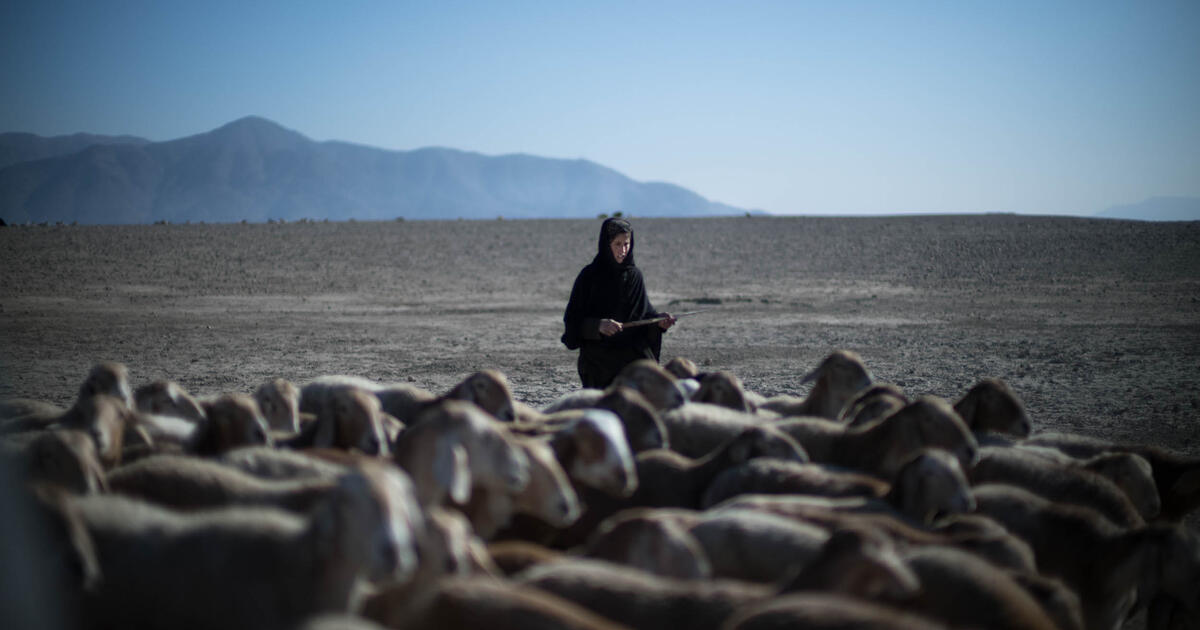By Sayed Shoaib Sadaat
(A climate activist and Project Manager at an Afghan non-governmental organization, The Liaison Office. Sadaat was the sole Afghan representative at COP30 in Belém).
The operationalization of the Fund for responding to Loss and Damage and the pledge to triple adaptation finance by 2035 are significant milestones for vulnerable countries.
For years, climate activists from the Global South have been advocating for recognition of the disproportionate burden borne by fragile states.
These commitments signal that the global community acknowledges the urgency of addressing climate impacts beyond mitigation, by supporting adaptation and compensating for irreversible losses.
However, the lack of a binding roadmap to phase out fossil fuels undermines these gains. Finance without emission cuts is like treating symptoms without curing the disease.
For activists, this gap is deeply frustrating because it perpetuates a cycle where vulnerable nations continue to suffer despite global pledges. The science is clear: without aggressive emission reductions, adaptation efforts will be overwhelmed by escalating climate shocks.
As I see this, while the financial commitments are a step forward, the absence of strong mitigation measures leaves activists questioning whether the world is truly committed to keeping the 1.5°C target alive.
